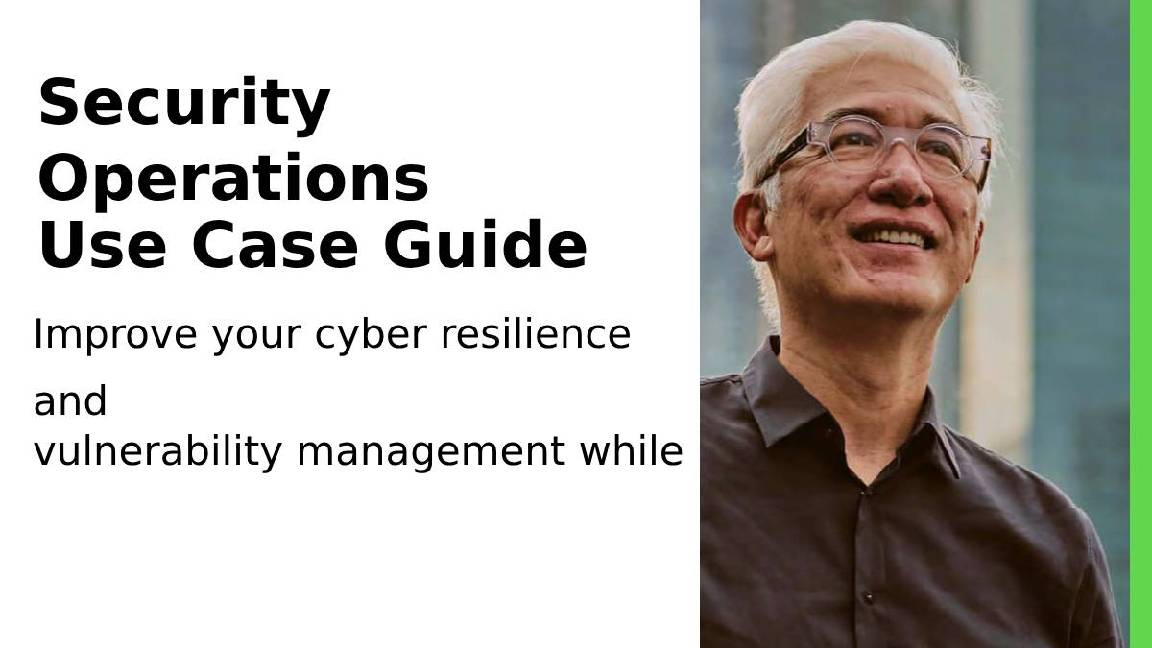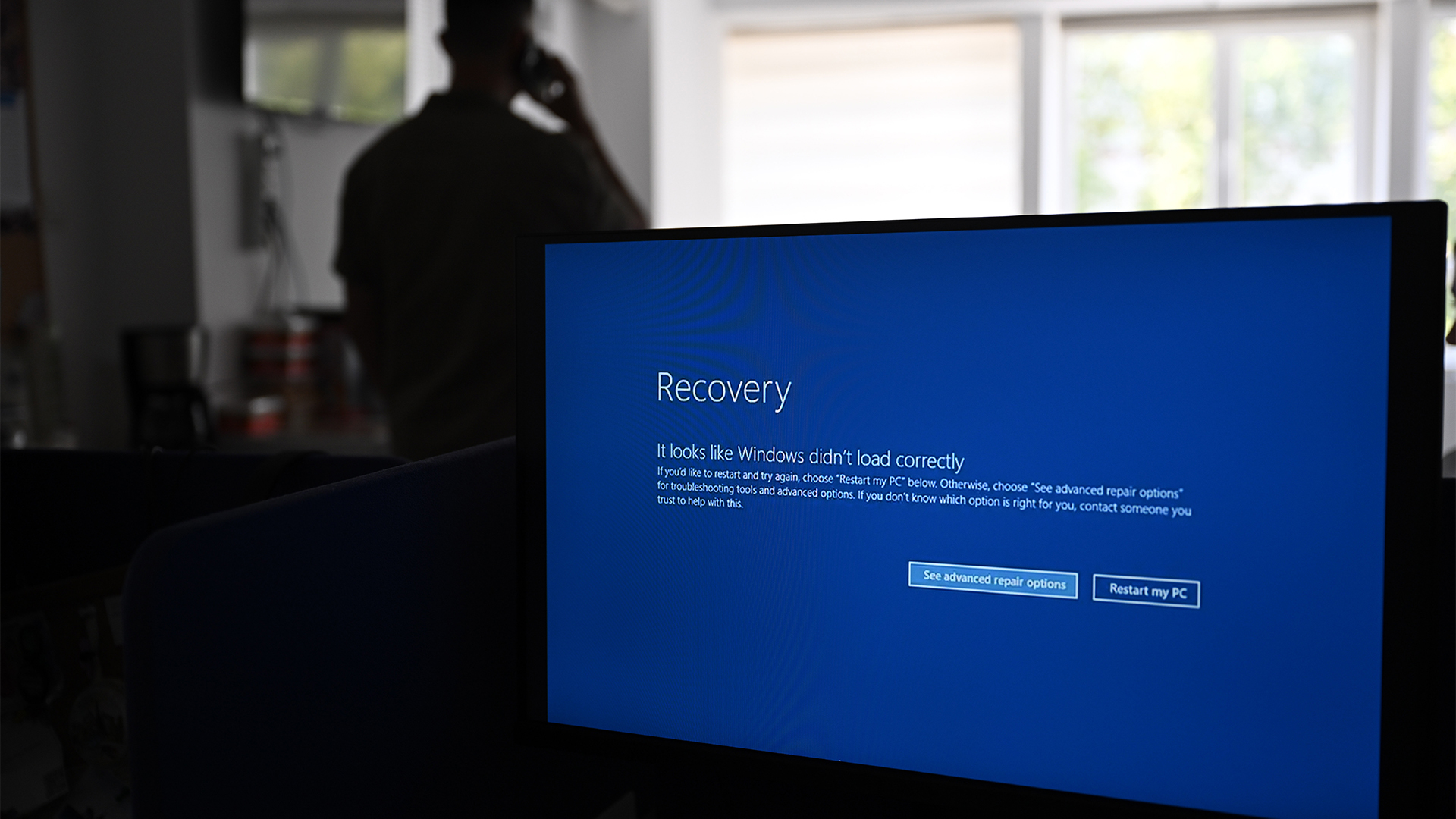Agile development has a security problem - and developer ‘champions’ could be the key to ensuring safer software
Security considerations can be an afterthought in agile development, but there are ways to address the issue and prevent disastrous consequences


The advantages of agile development have become increasingly clear in recent years, enabling developers and organizations to more efficiently build and roll out products to market.
But in the rush to accelerate application development, developers have often overlooked critical considerations such as security, according to research.
A study from the Information Security Forum (ISF) suggested that agile development methods “do not always explicitly contemplate the need for information security, even though security should be at the forefront”.
Failing to acknowledge security considerations, the ISF warned, could present opportunities for exploitation by threat actors, enabling hackers to target rushed applications with lax security.
Gunnar Braun, technical manager at Synopsys Software Integrity Group, told ITPro that the very nature of agile development practices means that security can be overlooked frequently - but this doesn’t suggest a complete disregard for product safety.

Agile development is fading in popularity at large enterprises - and developer burnout is a key factor
“The fundamental concept of agile development is to work in small iterations - on one (or a few) features at a time by completing the cycle of writing code, testing it, and deploying it, so it can be consumed by an internal or external customer for feedback,” he said.
The success of security within this process depends on “whether it is considered a feature, or a property of a feature”, Braun added. If security is treated like a feature, he explained, then it competes against others in the development backlog and therefore is “likely going to lose the race”.
Sign up today and you will receive a free copy of our Future Focus 2025 report - the leading guidance on AI, cybersecurity and other IT challenges as per 700+ senior executives
RELATED WHITEPAPER

“Let's take the example of input validation,” he explained. “What is the product owner more likely to prioritize? Input validation or a shiny UI improvement that has been requested by a key customer?”
Braun noted, however, that in instances where security is part of the requirements of a feature, it “becomes a property of that feature”.
“Its implementation will not be considered complete before it implements proper input validation. Consequently, security is becoming integrated with the agile development process,” he explained.
Embedding security in agile development can be highly challenging
A key challenge for implementing security in an agile development process is that it requires “special knowledge that is often not available” or easily accessible for the development team, Braun said.
The consequence of this is that vital security considerations are therefore likely to be excluded from sprints throughout the process. This reinforces the need for a more collaborative relationship between developers and security practitioners across the entirety of the development lifecycle.

The 2023 Global State of DevSecOps report highlighted “inadequate/ineffective security training” for developers and engineers as one of the leading barriers to successfully implementing DevSecOps.
Braun said that a strategy that’s proven to be effective in addressing this is the creation of a “security champions” program.
“Security champions can evolve from existing roles, for example agile coaches or DevOps engineers, and can support multiple agile development teams with security domain knowledge,” he explained.
Braun added that the benefits of this practice have been confirmed by findings from the Building Security in Maturity Model report, which found that teams with security champions score 25% higher on average than those without one.
Security can be “naturally integrated” within agile development
Braun said he believes agile development presents an opportunity for security to become more intricately woven throughout the entirety of the software development lifecycle.
However, there are challenges here. Fundamentally, developers need to view security as a “property of a feature”. Similarly, leaders should embrace the expertise that security practitioners can offer projects.

In creating a more collaborative relationship between developers and security practitioners, teams will ultimately become more self-sufficient, and this could help improve efficiency to ensure products are rolled out to market at a faster pace.
“Agile development is an opportunity for security to become naturally integrated with the software development process,” he said.
“To achieve this, it is important to treat security as a property of a feature, automate security tests in the same way as other tests, and provide security expertise to the development team to make the teams self-sufficient and own every aspect of the development process.”

Ross Kelly is ITPro's News & Analysis Editor, responsible for leading the brand's news output and in-depth reporting on the latest stories from across the business technology landscape. Ross was previously a Staff Writer, during which time he developed a keen interest in cyber security, business leadership, and emerging technologies.
He graduated from Edinburgh Napier University in 2016 with a BA (Hons) in Journalism, and joined ITPro in 2022 after four years working in technology conference research.
For news pitches, you can contact Ross at ross.kelly@futurenet.com, or on Twitter and LinkedIn.
-
 What is Microsoft Maia?
What is Microsoft Maia?Explainer Microsoft's in-house chip is planned to a core aspect of Microsoft Copilot and future Azure AI offerings
-
 If Satya Nadella wants us to take AI seriously, let’s forget about mass adoption and start with a return on investment for those already using it
If Satya Nadella wants us to take AI seriously, let’s forget about mass adoption and start with a return on investment for those already using itOpinion If Satya Nadella wants us to take AI seriously, let's start with ROI for businesses
-
 AI is transforming Agile development practices as teams battle mounting delivery cycle pressure and ROI concerns
AI is transforming Agile development practices as teams battle mounting delivery cycle pressure and ROI concernsNews The influx of AI tools is helping reshape Agile development at a critical juncture for the methodology
-
 Java developers are facing serious productivity issues: Staff turnover, lengthy redeploy times, and a lack of resources are hampering efficiency – but firms are banking on AI tools to plug the gaps
Java developers are facing serious productivity issues: Staff turnover, lengthy redeploy times, and a lack of resources are hampering efficiency – but firms are banking on AI tools to plug the gapsNews Java developers are encountering significant productivity barriers, according to new research, prompting businesses to take drastic measures to boost efficiency.
-
 Why the CrowdStrike outage was a wakeup call for developer teams
Why the CrowdStrike outage was a wakeup call for developer teamsNews The CrowdStrike outage in 2024 has prompted wholesale changes to software testing and development lifecycle practices, according to new research.
-
 Why are so many AI projects destined for failure? Inexperienced staff, poor planning, and a shoehorned approach to agile development are all stifling innovation
Why are so many AI projects destined for failure? Inexperienced staff, poor planning, and a shoehorned approach to agile development are all stifling innovationWhile agile development practices work well in many circumstances, devs are encountering serious problems applying the methodology in AI projects
-
 ‘It’s time to question agile’s cult following’: Doubts cast on method’s future, with 65% of projects more likely to fail
‘It’s time to question agile’s cult following’: Doubts cast on method’s future, with 65% of projects more likely to failNews Agile development methods just aren’t delivering, and it's time devs acknowledged its failings
-
 Agile development is fading in popularity at large enterprises - and developer burnout is a key factor
Agile development is fading in popularity at large enterprises - and developer burnout is a key factorNews Firms employing agile development practices are ‘having difficulty adapting’ in a new world of developer burnout, AI and more, a new report claims
-
 What is platform engineering and will it see the end of DevSecOps?
What is platform engineering and will it see the end of DevSecOps?In-depth Platform engineering is not just the latest industry buzzword but could represent a profound change in how software is developed and governed
-
 The ultimate guide to getting your killer app off the ground
The ultimate guide to getting your killer app off the groundIndustry Insight When building software, the process of designing, testing, prototyping, and perfecting your project is never ending